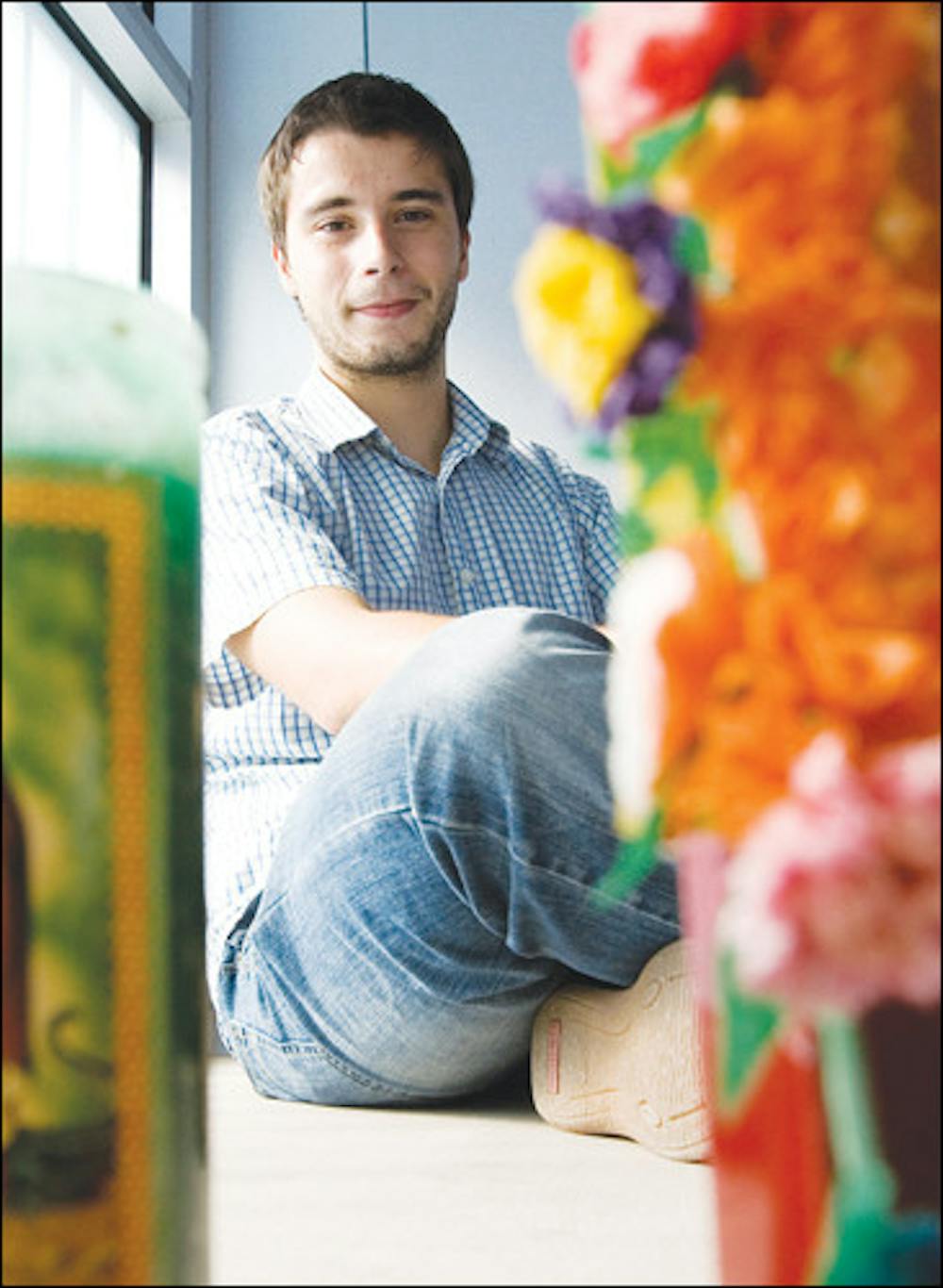An ASU student disregarded politics, ignored morals and still won an international award.
Joan Carreras Timoneda traveled to Miami in August to present an award-winning paper to the annual conference of the Association for the Study of the Cuban Economy.
The Barcelona, Spain, native — a political science, philosophy and history senior — entered the essay he wrote for an ASU history class in the Jorge Pérez-López Student Research Award Competition in May.
The essay, a final paper for HST 498, Democracy in Latin America, won first place.
The paper is unconventional in suggesting that hypocrisy is natural and taking a moral stand is not beneficial to foreign policy.
Lynn Stoner, an associate professor in the history department, said she was initially dissatisfied with Timoneda’s essay.
“He turned in a draft and I said, ‘I don’t think you want to turn this in,’ and then he sat there and convinced me that he was right,” she said.
The essay is about President William Howard Taft’s 1910 foreign policy toward Latin America.
Taft wanted to favor American interests and also develop Latin America, Timoneda said.
“[He sought] a strong middle class — a stable economy that would trickle down and create a stable political system for all society,” he said.
His essay argues that the opposite happened.
“It just brought about more poverty, a very unstable political system and a weak economy as a result,” Timoneda said.
The Cuban working class was impoverished and family instability was a forcing the economy further downward, he said.
“The political system became invisible and dictatorships began to emerge,” he said.
Timoneda took the unpopular stance that the policy would fail because of its highly political and moralistic nature.
“He argues that all nations are going to act in their own self-interest,” Stoner said. “What we must look at is whether their policies effectively produce what they are planning to do.”
Stoner said Timoneda’s alternative ideas confronted her thinking on how historians should practice their trade.
“I have rethought the way I lecture in my courses,” she said. “He applies more logic to his criteria for judgment, and he is convincing me that what I should be looking at is logic, pragmatism and practicality.”
After initial hesitation about his ideas, Stoner read Timoneda’s final essay and suggested he enter the contest.
The ASCE — a nonprofit organization based in Washington, D.C. — was started by Cuban exiles to study the transition to a free market economy.
The organization received entries from several countries for the 2008 award.
Timoneda was awarded $300, publication in “Cuba in Transition,” a free one-year membership to the organization and an invitation and travel allowance to present the paper at ASCE’s 18th annual conference in Miami.
While in Spain, Timoneda learned he won the contest just two weeks before he presented his work at the conference.
Timoneda said he was nervous to speak to the conference of 200 to 250 attendees. “I was reassured at the same time, though. They gave me the prize for a reason,” he said.
“I was overwhelmed to win,” he said. “The opportunity was great, just being there was fantastic.”
Reach the reporter at tessa.muggeridge@asu.edu.




